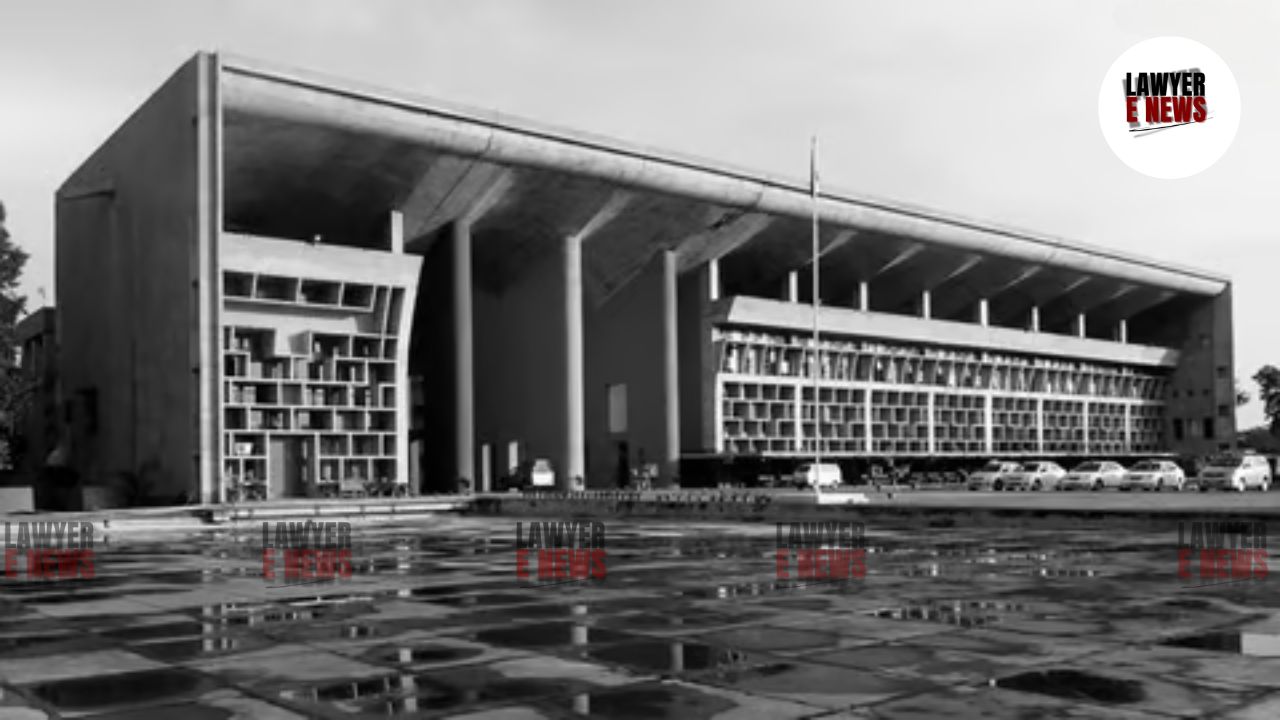-
by Admin
15 February 2026 5:35 AM



The High Court emphasized that the determination of land use under SARFAESI Act must be based on actual use and intentions, not just revenue entries.
In a significant ruling, the Punjab and Haryana High Court dismissed a writ petition by M/s Kamla Rice and General Mills challenging the auction of their property under the SARFAESI Act. The court, comprising Justices Lisa Gill and Amarjot Bhatti, emphasized the importance of adhering to specific remedies provided under the SARFAESI Act, rather than seeking relief through writ petitions.
M/s Kamla Rice and General Mills, registered under the Micro, Small and Medium Enterprises Development Act, 2006, has been in the business of milling paddy since 1994. The company had availed credit facilities from Canara Bank, which were later transferred to the State Bank of India and subsequently back to Canara Bank. Due to financial difficulties exacerbated by the COVID-19 pandemic, the petitioner's account was declared a Non-Performing Asset (NPA), leading to proceedings under the SARFAESI Act.
he petitioner challenged notices issued under Sections 13(2) and 13(4) of the SARFAESI Act, arguing that part of the land in question was agricultural and therefore exempt from SARFAESI proceedings. Despite the bank's rejection of their objections, the petitioner contended that the land, recorded as agricultural in revenue entries, should not be subject to the Act's provisions.
The court observed that the determination of whether land is agricultural for the purposes of the SARFAESI Act depends on its use and the intention of the parties, not merely on revenue entries. The bench referred to the Supreme Court judgments in K. Sreedhar v. M/s Raus Constructions Pvt. Ltd. and ITC Limited v. Blue Coast Hotels Limited to underscore this principle.
The court highlighted that the SARFAESI Act provides specific remedies for aggrieved parties, which should be pursued before seeking intervention under Article 226 of the Constitution. Citing Union Bank of India v. Satyawati Tandon and other relevant cases, the bench stressed the limited scope of writ jurisdiction in commercial matters where statutory remedies exist.
The court rejected the petitioner's argument that the bank should first decide on their proposal for a One-Time Settlement (OTS) before proceeding further under the SARFAESI Act. The court noted that the petitioner's earlier OTS proposal had been rejected, and they have no vested right to insist on an OTS. The court referred to the Supreme Court's ruling in The Bijnor Urban Cooperative Bank Limited v. Meenal Aggarwal to support this position.
The judgment reiterated that proceedings under the SARFAESI Act cannot be stalled based on an OTS proposal, especially when the statutory framework provides a fair mechanism for adjudication. The court found no merit in the petitioner's objections and emphasized that the Tribunal is the appropriate forum for resolving disputes related to the SARFAESI Act.
Justice Lisa Gill noted, "It is a settled position that even though land may be classified as agricultural land in the revenue entries, for the purpose of SARFAESI Act, it cannot be held to be agricultural land merely on this basis."
The High Court's dismissal of the writ petition underscores the necessity for borrowers to utilize the specific remedies available under the SARFAESI Act. By emphasizing the Tribunal's role in determining land use and the inappropriateness of writ petitions in such cases, the judgment reinforces the legal framework governing financial recovery processes. This decision is expected to guide future disputes involving the classification of land under the SARFAESI Act, ensuring that statutory remedies are exhausted before seeking judicial intervention.
Date of Decision: July 1, 2024
